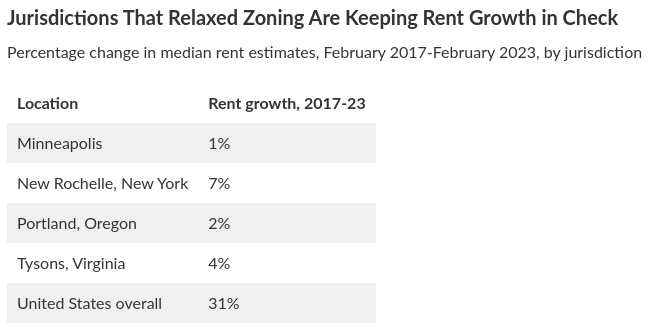

Exactly. When the accused has paid off half the jury, you shouldn’t put much stock in the verdict.
The only thing I care about when determining whether something is a genocide is the facts of the case (which are overwhelmingly in favor of describing the Uyghur genocide as a genocide), not the outcome of a highly political vote by countries all with their own motives and interests.




It also had a second rule set where a land value tax was implemented, and the winning condition was when everyone made a minimum amount of money.
It’s just a stupidly good tax policy, and we should be implementing it in more places.
[email protected]